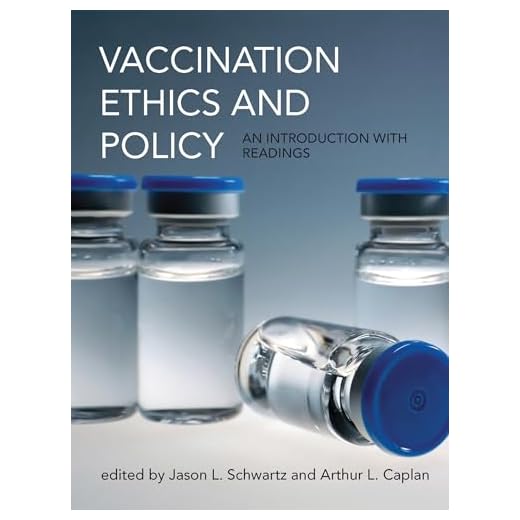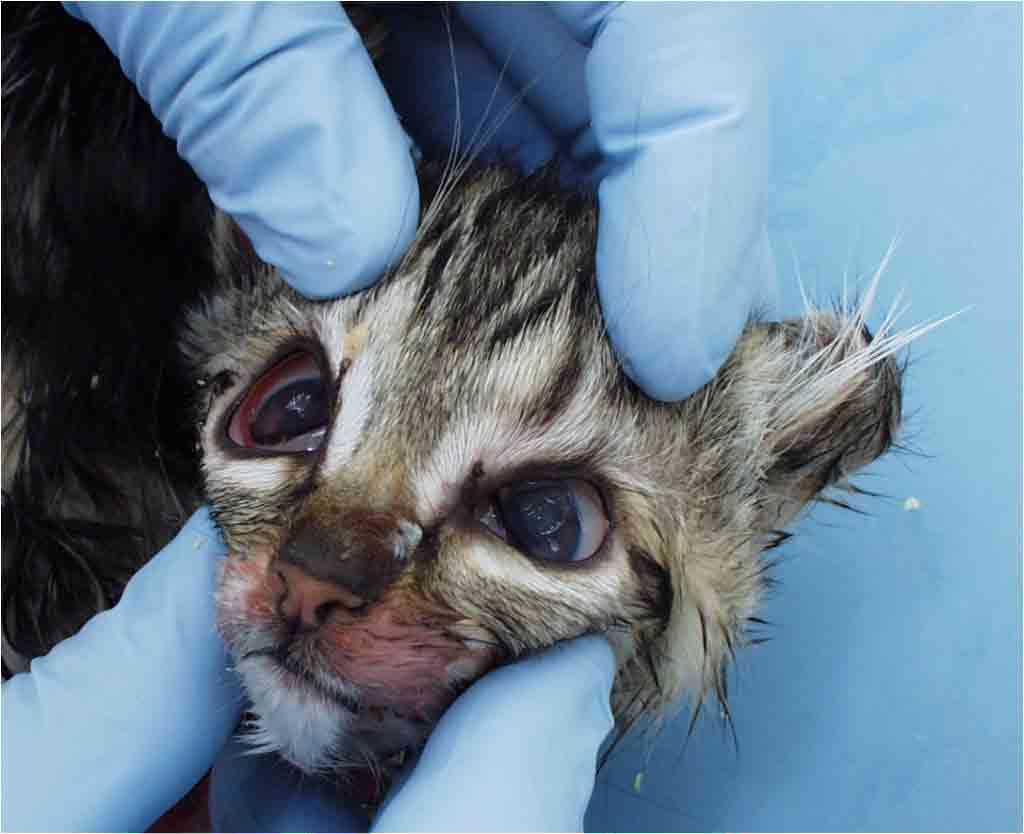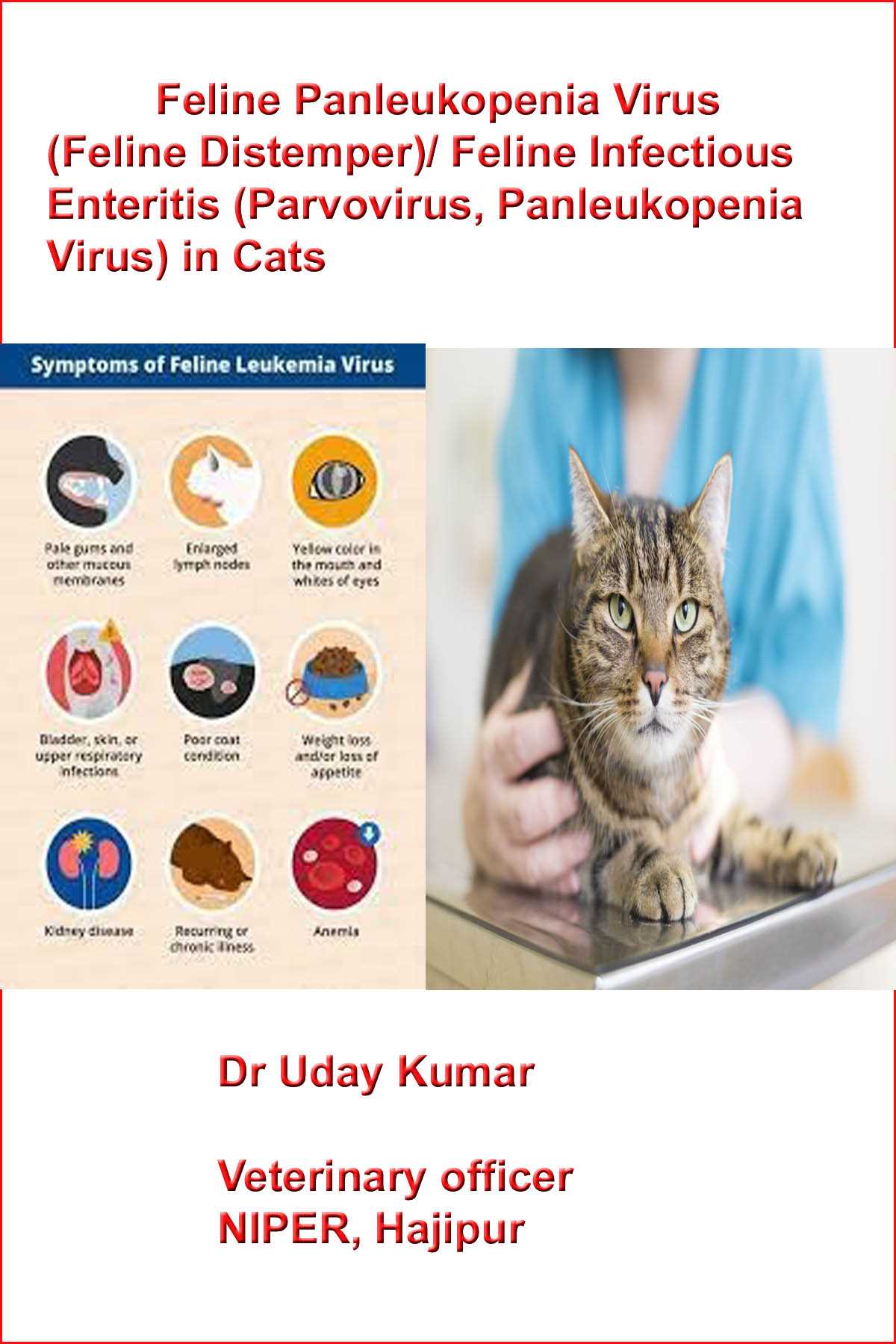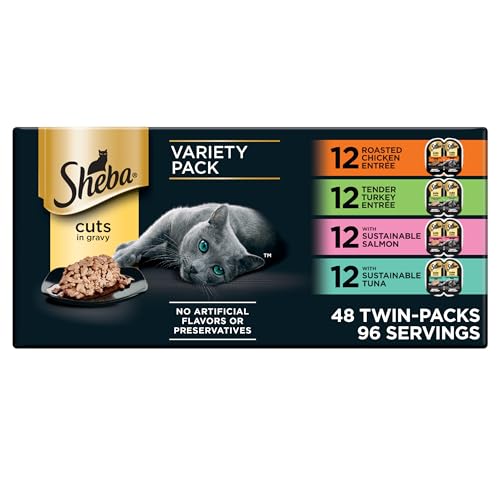

It’s crucial to know that this viral disease primarily affects younger felines. However, older companions are not entirely immune to its impact. While they are less susceptible, they can still contract the virus, especially if they lack proper vaccination. Regular check-ups and vaccinations are essential for all felines, regardless of their age.
As a Scottish Fold with my own online presence, I’ve seen many stories about how unvaccinated pets can fall victim to severe health issues. This particular virus can lead to devastating consequences, including acute gastrointestinal distress and a significant drop in white blood cell counts. Symptoms such as lethargy, vomiting, and diarrhea should never be ignored.
Prevention is straightforward: ensure vaccinations are up to date. Many veterinarians recommend an initial vaccination series for kittens, followed by boosters throughout life. For those who have missed their shots, a consultation with a veterinarian can help determine the best course of action for safeguarding their health.
Can Adult Cats Get Panleukopenia?

Yes, mature felines can contract this serious viral illness. It’s crucial to understand that while younger animals are at higher risk, those with weaker immune systems or underlying health issues are also vulnerable.
Vaccination plays a significant role in prevention. Ensure that your companion receives regular vaccinations, as this can dramatically reduce the likelihood of infection. Discuss vaccination schedules with your veterinarian to keep your furry friend protected.
Symptoms to watch for include lethargy, loss of appetite, vomiting, and diarrhea. If you observe any of these signs, seek veterinary attention immediately. Early intervention can make a substantial difference in recovery chances.
Hygiene is another key aspect of prevention. Keeping living spaces clean and minimizing exposure to potentially infected animals can mitigate risks. Regularly disinfect areas where your pet spends time, especially if you have multiple pets.
Overall, awareness and proactive measures are vital. Understanding the risks, ensuring vaccinations, and maintaining a clean environment are essential steps in safeguarding your beloved companion from this illness.
Understanding the Risk Factors for Panleukopenia in Adult Cats

Exposure to the virus is the primary risk factor for feline distemper. Unvaccinated felines are significantly more susceptible. If your companion roams outdoors or interacts with unvaccinated animals, the chances of encountering the virus increase.
Environmental Considerations
Living in a shelter or multi-pet household raises the risk. Close quarters facilitate virus transmission, particularly if sanitation measures are lacking. Frequent cleaning of shared spaces and ensuring proper vaccination for all residents is crucial.
Health Status
Compromised immune systems elevate vulnerability. Conditions such as feline leukemia or feline immunodeficiency virus weaken defenses. Regular veterinary check-ups are advisable to monitor health and administer necessary vaccinations, keeping your furry friend safe.
Awareness of these factors can help in preventing serious health issues. Prioritize vaccinations and health check-ups to reduce risks associated with this dangerous virus.
Preventative Measures to Protect Adult Cats from Panleukopenia
Vaccination is the most effective way to shield myself and my fellow felines from this viral threat. Ensuring that all vaccinations are up to date is a priority. Regular booster shots are key, especially for those who may have missed initial vaccinations during their early years.
Maintain a Clean Environment
Keeping my living space tidy is crucial. Regularly disinfecting surfaces, litter boxes, and toys helps eliminate potential virus carriers. Avoiding contact with stray or unvaccinated animals minimizes exposure to harmful pathogens.
Monitor Health and Behavior
Being attentive to any changes in health or behavior is essential. If I notice symptoms like lethargy or loss of appetite, an immediate vet visit is necessary. Early intervention can make a significant difference.
Additionally, providing a balanced diet contributes to a robust immune system. Selecting high-quality food and ensuring I stay hydrated are important aspects of my overall health. If you’re curious about food safety, check out how long can canned cat food sit out.
Socialization with vaccinated companions can also enhance immunity. Engaging with other healthy and vaccinated pets helps build resilience against various diseases.
Video:
It’s crucial to know that this viral disease primarily affects younger felines. However, older companions are not entirely immune to its impact. While they are less susceptible, they can still contract the virus, especially if they lack proper vaccination. Regular check-ups and vaccinations are essential for all felines, regardless of their age.
As a Scottish Fold with my own online presence, I’ve seen many stories about how unvaccinated pets can fall victim to severe health issues. This particular virus can lead to devastating consequences, including acute gastrointestinal distress and a significant drop in white blood cell counts. Symptoms such as lethargy, vomiting, and diarrhea should never be ignored.
Prevention is straightforward: ensure vaccinations are up to date. Many veterinarians recommend an initial vaccination series for kittens, followed by boosters throughout life. For those who have missed their shots, a consultation with a veterinarian can help determine the best course of action for safeguarding their health.
Can Adult Cats Get Panleukopenia?

Yes, mature felines can contract this serious viral illness. It’s crucial to understand that while younger animals are at higher risk, those with weaker immune systems or underlying health issues are also vulnerable.
Vaccination plays a significant role in prevention. Ensure that your companion receives regular vaccinations, as this can dramatically reduce the likelihood of infection. Discuss vaccination schedules with your veterinarian to keep your furry friend protected.
Symptoms to watch for include lethargy, loss of appetite, vomiting, and diarrhea. If you observe any of these signs, seek veterinary attention immediately. Early intervention can make a substantial difference in recovery chances.
Hygiene is another key aspect of prevention. Keeping living spaces clean and minimizing exposure to potentially infected animals can mitigate risks. Regularly disinfect areas where your pet spends time, especially if you have multiple pets.
Overall, awareness and proactive measures are vital. Understanding the risks, ensuring vaccinations, and maintaining a clean environment are essential steps in safeguarding your beloved companion from this illness.
Understanding the Risk Factors for Panleukopenia in Adult Cats

Exposure to the virus is the primary risk factor for feline distemper. Unvaccinated felines are significantly more susceptible. If your companion roams outdoors or interacts with unvaccinated animals, the chances of encountering the virus increase.
Environmental Considerations
Living in a shelter or multi-pet household raises the risk. Close quarters facilitate virus transmission, particularly if sanitation measures are lacking. Frequent cleaning of shared spaces and ensuring proper vaccination for all residents is crucial.
Health Status
Compromised immune systems elevate vulnerability. Conditions such as feline leukemia or feline immunodeficiency virus weaken defenses. Regular veterinary check-ups are advisable to monitor health and administer necessary vaccinations, keeping your furry friend safe.
Awareness of these factors can help in preventing serious health issues. Prioritize vaccinations and health check-ups to reduce risks associated with this dangerous virus.
Preventative Measures to Protect Adult Cats from Panleukopenia
Vaccination is the most effective way to shield myself and my fellow felines from this viral threat. Ensuring that all vaccinations are up to date is a priority. Regular booster shots are key, especially for those who may have missed initial vaccinations during their early years.
Maintain a Clean Environment
Keeping my living space tidy is crucial. Regularly disinfecting surfaces, litter boxes, and toys helps eliminate potential virus carriers. Avoiding contact with stray or unvaccinated animals minimizes exposure to harmful pathogens.
Monitor Health and Behavior
Being attentive to any changes in health or behavior is essential. If I notice symptoms like lethargy or loss of appetite, an immediate vet visit is necessary. Early intervention can make a significant difference.
Additionally, providing a balanced diet contributes to a robust immune system. Selecting high-quality food and ensuring I stay hydrated are important aspects of my overall health. If you’re curious about food safety, check out how long can canned cat food sit out.
Socialization with vaccinated companions can also enhance immunity. Engaging with other healthy and vaccinated pets helps build resilience against various diseases.
Video:
It’s crucial to know that this viral disease primarily affects younger felines. However, older companions are not entirely immune to its impact. While they are less susceptible, they can still contract the virus, especially if they lack proper vaccination. Regular check-ups and vaccinations are essential for all felines, regardless of their age.
As a Scottish Fold with my own online presence, I’ve seen many stories about how unvaccinated pets can fall victim to severe health issues. This particular virus can lead to devastating consequences, including acute gastrointestinal distress and a significant drop in white blood cell counts. Symptoms such as lethargy, vomiting, and diarrhea should never be ignored.
Prevention is straightforward: ensure vaccinations are up to date. Many veterinarians recommend an initial vaccination series for kittens, followed by boosters throughout life. For those who have missed their shots, a consultation with a veterinarian can help determine the best course of action for safeguarding their health.
Can Adult Cats Get Panleukopenia?

Yes, mature felines can contract this serious viral illness. It’s crucial to understand that while younger animals are at higher risk, those with weaker immune systems or underlying health issues are also vulnerable.
Vaccination plays a significant role in prevention. Ensure that your companion receives regular vaccinations, as this can dramatically reduce the likelihood of infection. Discuss vaccination schedules with your veterinarian to keep your furry friend protected.
Symptoms to watch for include lethargy, loss of appetite, vomiting, and diarrhea. If you observe any of these signs, seek veterinary attention immediately. Early intervention can make a substantial difference in recovery chances.
Hygiene is another key aspect of prevention. Keeping living spaces clean and minimizing exposure to potentially infected animals can mitigate risks. Regularly disinfect areas where your pet spends time, especially if you have multiple pets.
Overall, awareness and proactive measures are vital. Understanding the risks, ensuring vaccinations, and maintaining a clean environment are essential steps in safeguarding your beloved companion from this illness.
Understanding the Risk Factors for Panleukopenia in Adult Cats

Exposure to the virus is the primary risk factor for feline distemper. Unvaccinated felines are significantly more susceptible. If your companion roams outdoors or interacts with unvaccinated animals, the chances of encountering the virus increase.
Environmental Considerations
Living in a shelter or multi-pet household raises the risk. Close quarters facilitate virus transmission, particularly if sanitation measures are lacking. Frequent cleaning of shared spaces and ensuring proper vaccination for all residents is crucial.
Health Status
Compromised immune systems elevate vulnerability. Conditions such as feline leukemia or feline immunodeficiency virus weaken defenses. Regular veterinary check-ups are advisable to monitor health and administer necessary vaccinations, keeping your furry friend safe.
Awareness of these factors can help in preventing serious health issues. Prioritize vaccinations and health check-ups to reduce risks associated with this dangerous virus.
Preventative Measures to Protect Adult Cats from Panleukopenia
Vaccination is the most effective way to shield myself and my fellow felines from this viral threat. Ensuring that all vaccinations are up to date is a priority. Regular booster shots are key, especially for those who may have missed initial vaccinations during their early years.
Maintain a Clean Environment
Keeping my living space tidy is crucial. Regularly disinfecting surfaces, litter boxes, and toys helps eliminate potential virus carriers. Avoiding contact with stray or unvaccinated animals minimizes exposure to harmful pathogens.
Monitor Health and Behavior
Being attentive to any changes in health or behavior is essential. If I notice symptoms like lethargy or loss of appetite, an immediate vet visit is necessary. Early intervention can make a significant difference.
Additionally, providing a balanced diet contributes to a robust immune system. Selecting high-quality food and ensuring I stay hydrated are important aspects of my overall health. If you’re curious about food safety, check out how long can canned cat food sit out.
Socialization with vaccinated companions can also enhance immunity. Engaging with other healthy and vaccinated pets helps build resilience against various diseases.









